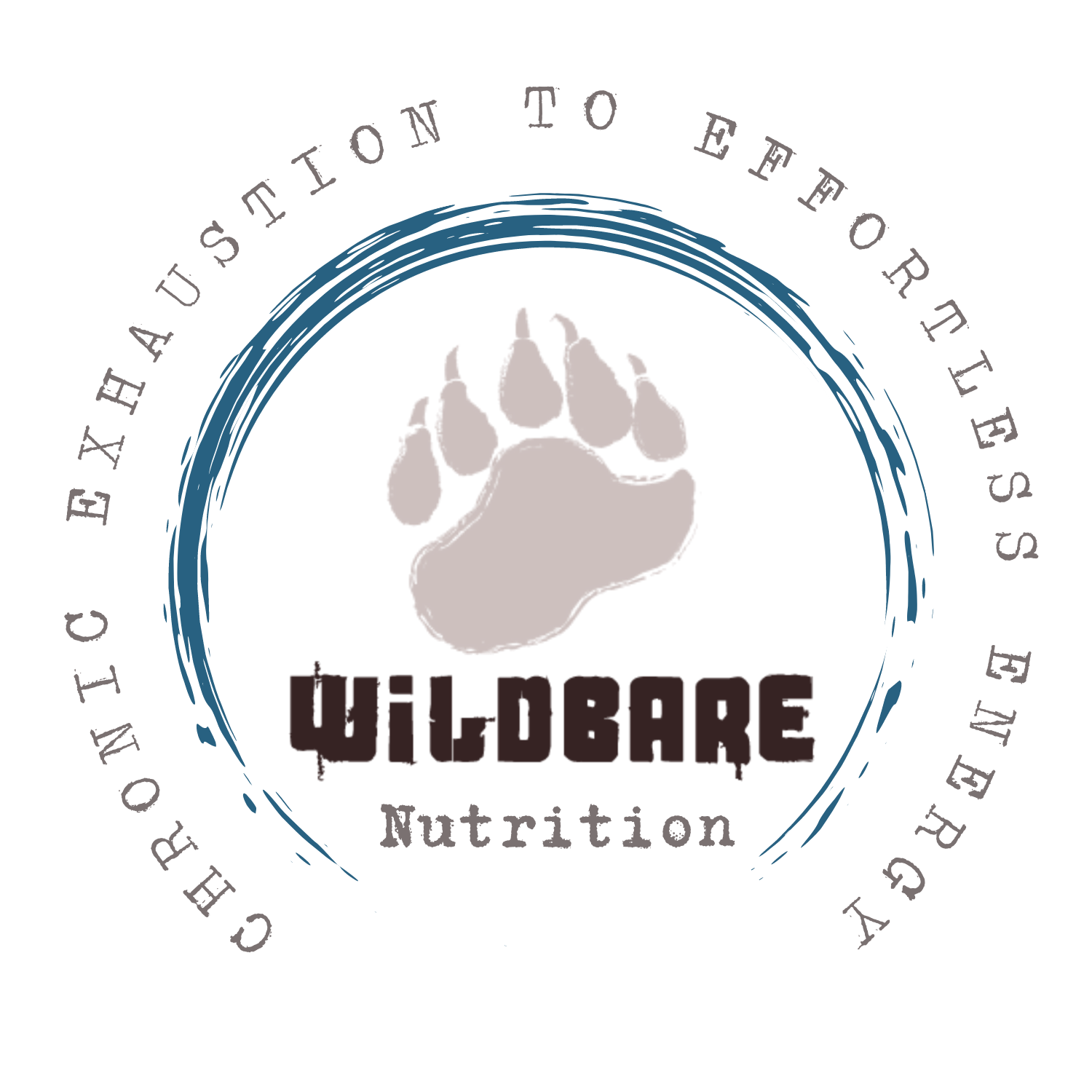In the 21st century, more than at any other time in history, we are bombarded with toxins. The average adult holds 500+ man-made chemicals in their body and new-born babies are found to have 300+ man-made chemicals in their umbilical cord blood.
In addition to environmental pollution, there are many toxins in food sources: pesticides, plasticisers, additives both in food, cosmetics and cleaning products, hormones in intensive farmed meats, even in our carpets and furniture! Our bodies are left to 'deal' with these substances for which we weren't designed. Stone Age man didn't unwrap the plastic from his woolly mammoth steak before he popped it in the microwave! The true long-term impact of all this on human physiology is yet to be revealed. However, along with numerous different illnesses, obesity rates are rising year on year.
Who Needs To Detox?
When the liver is not functioning optimally, this can result in poor digestion of fats, weight gain, intolerance to fatty foods, bloating, constipation, irritable bowel syndrome (IBS), and stomach pain.
If you have fatigue, brain fog, hormone issues, bloating, excess weight, feel low, skin conditions, PMT, bad breath, etc. then it’s likely toxins are creating irritation and harmful effects in the body, undermining your health and stressing your biochemical and organ functions.
The Liver’s Role In Detoxification
Your liver is one of the most important organs in your entire body and plays an important role in detoxifying the body. It neutralises toxins from the lungs, the bowel, the skin and excretes excess hormones. When the liver is overburdened, it cannot filter out the toxins in the blood properly, leaving you feeling tired, sluggish, and generally unwell. You will also be more prone to colds, infections and allergies. Your metabolism becomes sluggish making it much more difficult to lose weight. When the liver is overloaded, as it commonly is with the modern diet, it cannot successfully eliminate everything we are subjected to both internally and externally. Anything that cannot be eliminated and excreted is locked up safely in the fat stores. Think toxic dump!
What Are Toxins?
Alcohol, sugar, caffeine, prescription drugs, recreational drugs, smoking, environmental chemicals, improper digestion, imbalance in gut flora, constipation, repressed emotions all act as toxins in our body, overloading our liver. This creates a greater demand on important nutrients used in the detox process such as B Vitamins, Magnesium, Zinc, Omega 3, Selenium to name but a few. I commonly see these nutrients in deficient levels as a result in my clients whose livers have been chronically overloaded for years. Nutrients that are also key players in energy production, immune function and stress management among other important bodily functions.
Why Detox?
With everything our body is faced with day to day in the modern world we all need to detox from time to time to re-balance our health, improve energy levels and shift those pounds that creep on. Allowing the slow release of toxins from our bodies by following a healthy eating plan that is simple to follow, removing those foods and drinks that add to our toxic load and increase the foods that provide the nutrients that support our detoxification process. I commonly see a return to great energy levels and vitality, clear skin, improved digestion, clear thinking and focus, improved memory and a stronger immune system in my clients when we’ve supported the body’s natural detox systems.
How to Detox?
· Cut back on those things that overwork the liver (listed previously),
· Up your fruit and vegetable intake to 6-8 servings a day, including cauliflower, broccoli, cabbage, brussels sprouts, kale, pak choi.
· Use turmeric, fresh ginger and cinnamon in your cooking.
· Up your water intake: at least 8 glasses a day (2-3L).
· Eat a diet rich in fibre.
· Take plenty of exercise, including aerobic which brings oxygen to the body.
· Drink green tea, which is good for the liver.
· Eat organic if possible.
· Follow a gentle detox 1-3 times a year.
For more support join my 14 Day Detox For Energy Online Program which runs every February to get all the support, recipes and information you need to kickstart your energy levels and regain your health!











